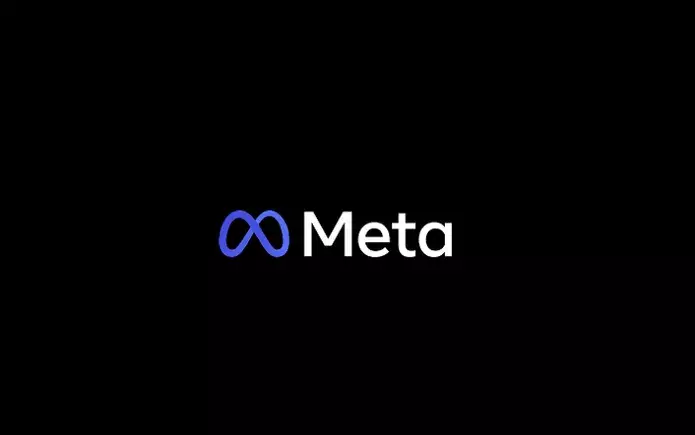In an age where digital privacy is constantly under siege, Meta’s recent legal win against the spyware developer NSO Group shines a glimmer of hope. This landmark case could shape the future of personal data protection across the digital landscape. Back in 2019, WhatsApp, which is Meta’s flagship messaging service, revealed to over 1,000 users that their video calling system had suffered a major breach, exposing their devices to malware. The most alarming aspect of this incident was that users didn’t even need to interact with a video call for their information to be compromised. The breach represents a significant threat to personal security, highlighting just how vulnerable users can be in today’s digitally interconnected world.
Unraveling the Complexity of Cyber Intrusion
The malware involved in this case was developed by NSO Group and called Pegasus. This invasive software operates stealthily, infiltrating user devices to harvest sensitive data across apps. Meta indicated that Pegasus could obtain an extensive array of information—from financial details and geolocation to private communications. Such capabilities raise grave concerns about consent and public awareness. Most users remain blissfully unaware of the far-reaching implications of such spyware, which would operate in secrecy—taking control of microphones and cameras—and jeopardizing personal privacy on an unprecedented scale.
Meta’s legal strategy targeted NSO not as the direct attacker but rather as a provider of a tool that facilitates these malicious acts. This distinction is critical. By holding NSO accountable, Meta aims to illuminate the severe consequences of the unregulated spyware industry. The federal jury’s decision to support Meta’s pursuit of damages against NSO marks a turning point in the ongoing battle against cybersecurity violations. The outcome may not only serve justice for the victims of this particular breach but may also pave the way for future litigation against similar spyware companies.
Industry-Wide Implications
This case holds profound implications for the tech industry at large. By establishing significant legal grounds, it questions the continued existence of tools that enable data theft under the guise of utility and security. Historically, developers have often defended these products by claiming they serve legitimate purposes, which has allowed them to flourish in a largely unchecked ecosystem. However, the current ruling signals a shift—one that could compel developers to rigorously reevaluate their practices and the ethical implications of their tools.
Moreover, if this case leads to a stringent framework against spyware, it can institute a ripple effect through the industry. Developers of similar tools may find themselves under increasing scrutiny, which could eventually spur a decline in the availability of spyware on the market. As awareness of privacy rights grows, consumers are more likely to demand accountability from tech firms, making it crucial for companies to prioritize user protection.
Strategic Compliance and Future Regulations
The embrace of this legal battle fosters conversations about what constitutes ‘acceptable’ data access versus outright invasion of privacy. It highlights the fine line between necessary data scraping for legitimate purposes and the unethical extraction of personal information without consent. As regulations continue to evolve, so too will the understanding of privacy rights as they relate to digital technologies and social media.
While this ruling offers hope, complexities remain regarding how third parties can navigate the maze of data acquisition. Legislative measures are likely to follow suit, demanding transparency and ethical standards in data collection methods. The legal focus on NSO may become a precedent in bringing about stricter regulations against invasive technologies. Hence, this judicial victory could inspire other firms to adopt a more responsible approach to cybersecurity and personal data receptivity.
The Path Towards a Safer Digital Future
As society becomes increasingly reliant on digital communication, safeguarding individual privacy must become a priority. Meta’s aggressive pursuit of legal accountability against NSO resonates well beyond this single case; it embodies a broader reckoning within the tech industry regarding ethical practices. The legal repercussions against spyware vendors can carve pathways to a more secure digital ecosystem, encouraging users to engage with technology without the looming threat of unauthorized surveillance.
Ultimately, while the battle against intrusive spyware is far from over, Meta’s recent victory marks a vital step towards a more profound realization of digital rights and privacy-centric regulations. This win has the potential to alter the landscape of digital security, demanding that companies take user protection seriously and reimagine their responsibilities in safeguarding personal information. A future with enhanced privacy rights is not just a possibility; it is rapidly becoming a necessity.


Leave a Reply